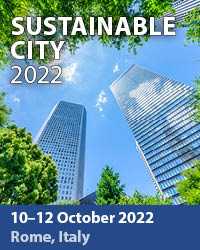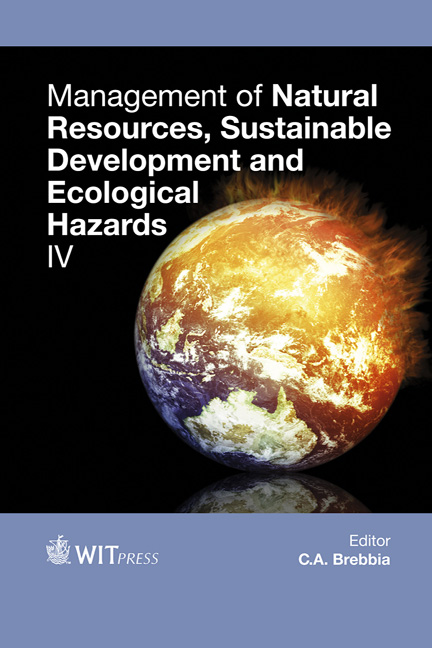Explaining Biomass Niche Readiness Through Network Analysis: The Lithuanian Case
Price
Free (open access)
Transaction
Volume
199
Pages
12
Page Range
259 - 270
Published
2015
Size
700 kb
Paper DOI
10.2495/RAV150221
Copyright
WIT Press
Author(s)
P. M. Falcone, E. Sica
Abstract
In recent years biomass production for energy purposes has gathered increasing attention as a feasible alternative to traditional energy sources. Biomass represents the biggest renewable energy source in the EU and is expected to contribute significantly to achieving the 20% EU renewable energy target by 2020 by reducing the dependence on fuel from non-member countries, emissions from greenhouse gases, and energy costs from oil prices. However, the transition towards a biomass-based economy can occur only when the biomass niche has reached a sufficient degree of maturity in terms of (i) network formation among niche actors, (ii) expectations about the future development of the niche, and (iii) learning processes at multiple dimensions (technical, cultural, infrastructural, societal and environmental). Using the social network analysis, the present paper aims to investigate the level of readiness achieved by the Lithuanian niche of biomass producers. Results suggest that, although such producers have increased their extent of knowledge exchange, their expectations about the future development of the niche are still too weak. However, institutions might play a crucial role in raising the level of expectations and knowledge of biomass producers given their central position in the investigated network.
Keywords
biomass, niche readiness, social networks analysis, Lithuania





